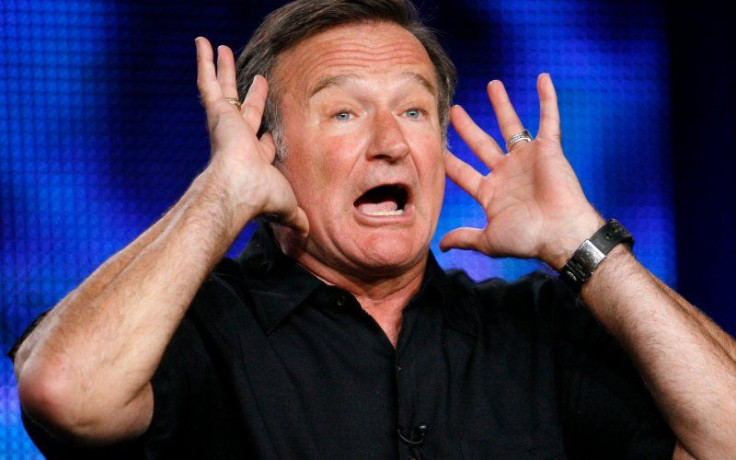Robin Williams' Suicide Isn't As Shocking As You May Think: Why Certain People Are More Prone To Severe Depression Than Others

Comedic genius and Academy Award-winning actor Robin Williams was found dead at his Northern California home on Monday as a result of what the Marin County’s coroner’s office is calling “suicide due to asphyxia.” Friends, family, fellow celebrities, and even President Barack Obama have all expressed their sympathies over the loss of such a well-respected member of the Hollywood community, and some have even broached shock over his untimely death, but it could be that Williams’ tragic end was written in his personality.
“This morning, I lost my husband and my best friend, while the world lost one of its most beloved artists and beautiful human beings," Williams’ wife Susan Schneider said in a statement. "I am utterly heartbroken. On behalf of Robin's family, we are asking for privacy during our time of profound grief. As he is remembered, it is our hope the focus will not be on Robin's death, but on the countless moments of joy and laughter he gave to millions.”
From the outside looking in, it would appear Williams was leading a life free from worry. Having starred in countless hit movies, including Good Morning Vietnam, Dead Poets Society, Mrs. Doubtfire, and Good Will Hunting (for which he won his 1997 Oscar for Best Supporting Actor), Williams has amassed a Hollywood filmography without equal. So what could have brought a renounced celebrity icon like Williams to such an emotional state that he felt it necessary to take his own life?
Williams, whose battle with addiction has been publicized since the 1980s, was recently admitted into Hazelden Addiction Treatment Center in Lindstrom, Minn., to continue his commitment to sobriety. He had previously entered rehab in 2006 to be treated for alcoholism after being 20 years free from cocaine and alcohol addiction. Williams said his falling off of the wagon was “very gradual,” so it would seem his most recent stint in rehab was an attempt to ensure that his sobriety stayed the course.
Williams’ commitment to strengthening his sobriety suggests he was also intent on living a long and healthy life, but apparently something went wrong after his time in rehab this past June. According to his representative Mara Buxbaum, Williams had been “battling severe depression of late,” but evidence suggests the writing was on the wall well before his death. Williams’ ability to perform without a script, whether it be his standup comedy or unscripted acting style, may have been a tell-tale sign of manic depression.
A recent study conducted by researchers from Oxford University and Berkshire Healthcare NHS Foundation Trust suggested that a comedian’s skill for making people laugh is founded in a personality similar to people suffering from schizophrenia and depression. The research team even goes so far as to say making people laugh is a form of self-medication for many comedians battling depression. The so-called “sad clown” façade exhibited by comedians such as Williams may be caused by high levels of psychotic personality traits. It could be that the very thing Williams built his impressive career on was also what led to his unfortunate demise.



























